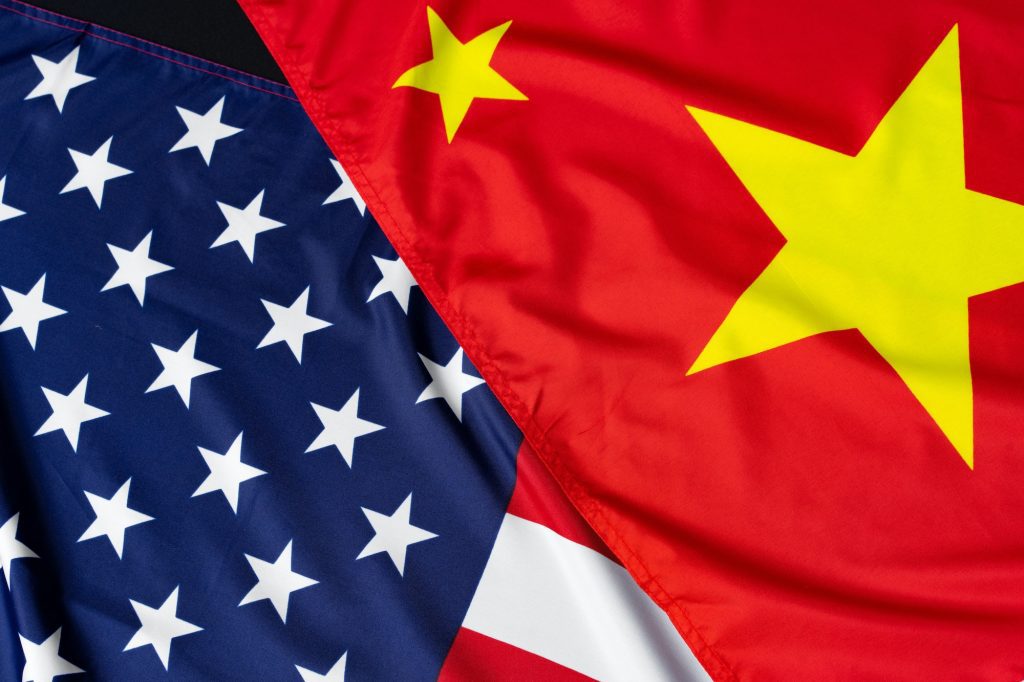US National Security Advisor seeks details on Huawei’s advanced chip technology
Even though the US has intensified sanctions over the past year to deny China access to the most advanced semiconductor components and tools, the new Huawei phone’s capabilities show that the country is willing to support at any cost local chip makers like SMIC in achieving 5G and AI-level performance.

The US government aims to secure additional information about Huawei’s recent advances in chip technology, which have sparked global speculation about the usefulness of Washington’s restrictions on China’s tech sector. The Chinese tech leader’s breakthrough in producing an advanced chip built on the 7nm Kirin 9000s processor supplied by SMIC also highlights China’s resolve and capacity to fight back against US sanctions.
Last week, during U.S. Commerce Secretary Gina Raimondo’s visit to Beijing, Huawei launched its latest Mate 60 Pro smartphone, and the government announced a new $40 billion investment fund to ramp up its semiconductor industry development. State-backed Chinese media has called the revelation of Chinese-made high-end chips a significant step towards reducing dependence on American technology.
US National Security Advisor Jake Sullivan stated that Washington is working to establish the full details of Huawei’s rumoured progress in advanced chip technology.
Why does it matter?
Even though the US has intensified sanctions over the past year to deny China access to the most advanced semiconductor components and tools, the new Huawei phone’s capabilities show that the country is willing to support at any cost local chip makers like SMIC in achieving 5G and AI-level performance. Analysts say that Chinese efforts may prove very costly as the Biden administration could choose to tighten restrictions. An investigation from the US Department of Commerce would spur the debate about the effectiveness of the current regime and drive Congress to include more drastic tech sanctions in the upcoming China competition bill, further escalating the US-China tech war.


